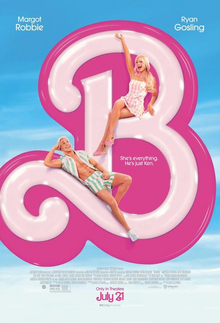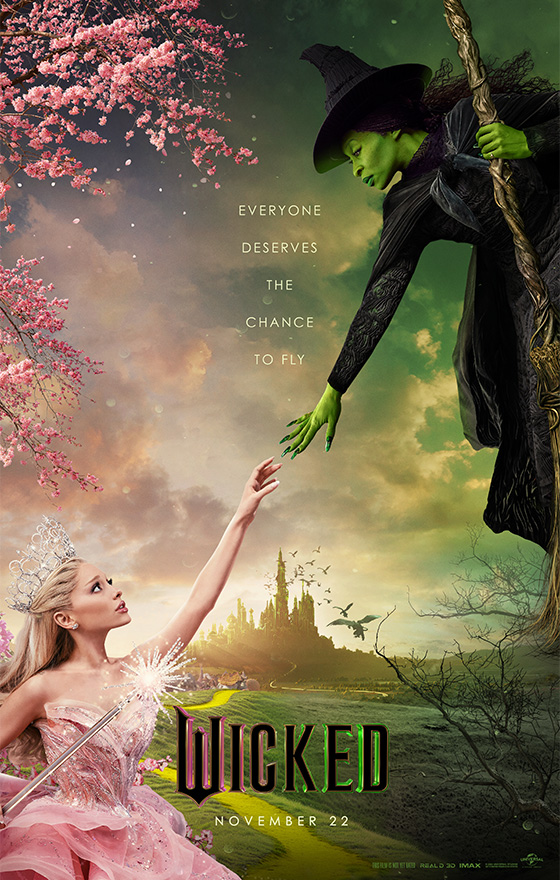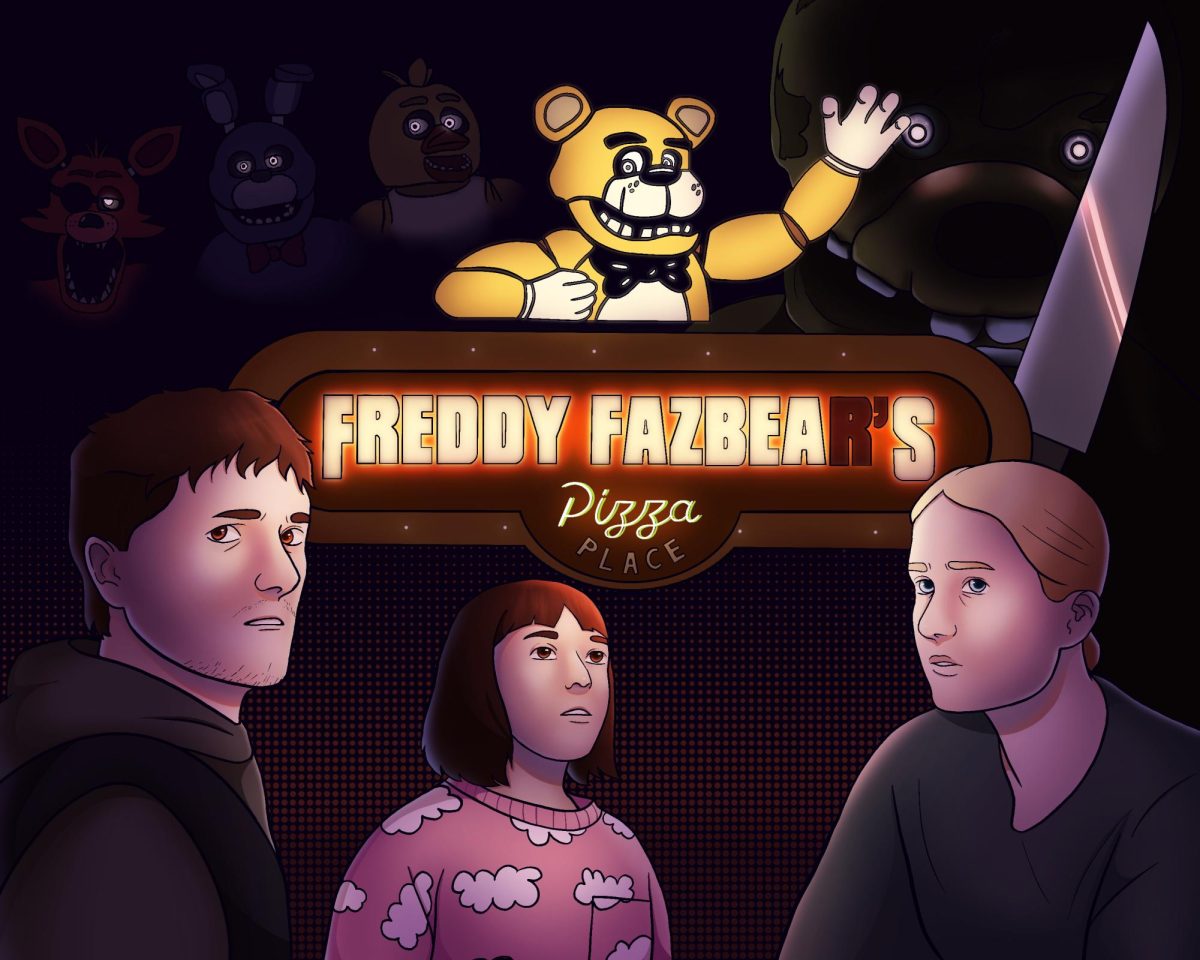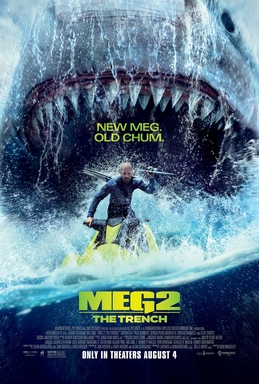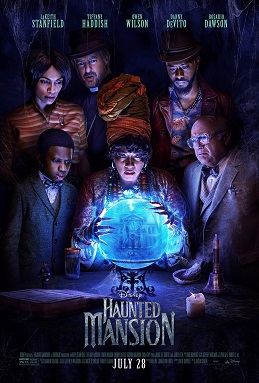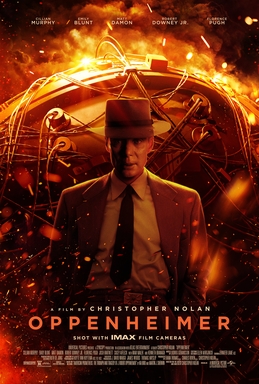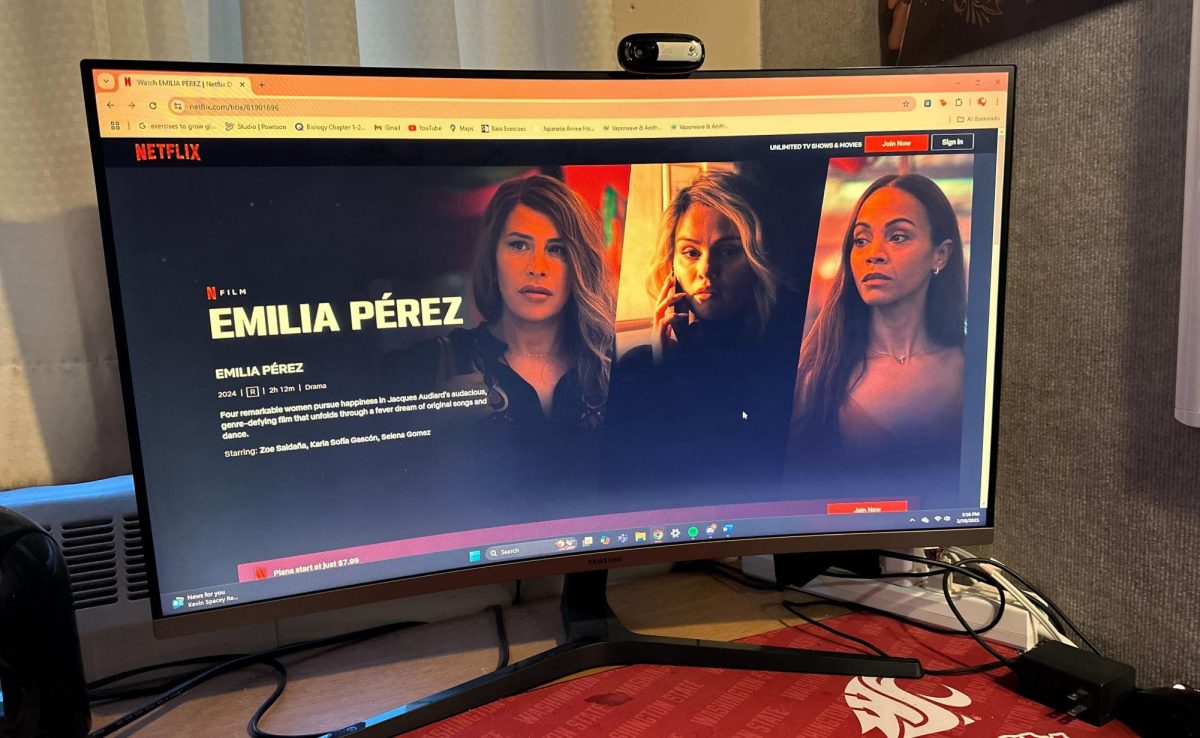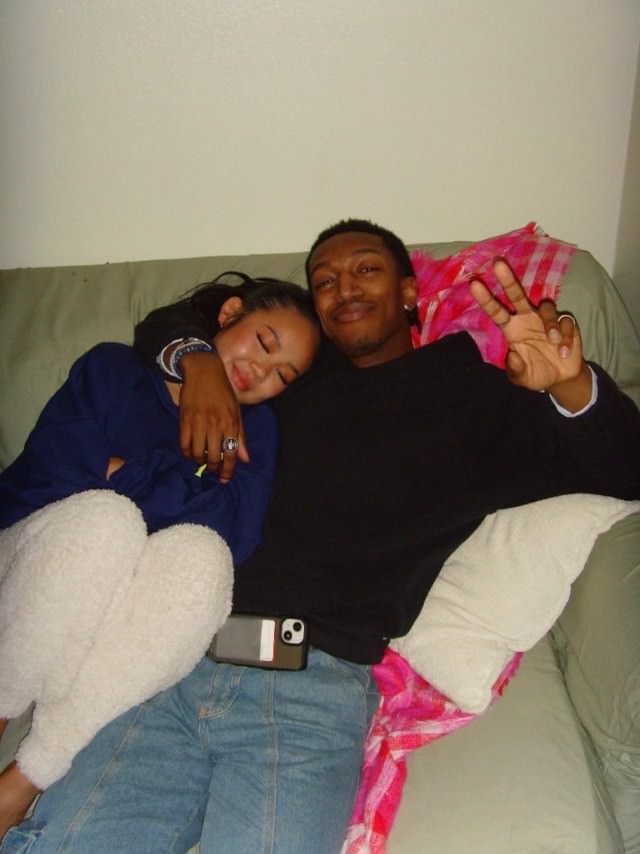I walked into the movie theater not knowing what to expect plot-wise when it came to “Barbie.” I had heard “Barbie” was not at all like the cutesy animated movies that came out in the early 2000s starring the character. As I left, I was impressed by the societal commentary the movie so boldly proclaimed.
The Barbie doll is a really interesting medium to tell the movie’s story through; websites like Psychology Today and Scientific American claim that Barbie dolls portray female figures in an unhealthy way and negatively impact young women and their body image. “Barbie” addresses this, but I still do not think it does enough to heal the damage that has been done by the doll’s unrealistic nature.
That aside, “Barbie” did a great job of showing the societal gap in gender equality in a way that was the perfect amount of “in your face.” A lot of movies portray societal issues through allegories and metaphors, but I appreciate “Barbie” breaking the fourth wall with its commentary on current world issues.
The plot itself of the movie was OK, reminding me of “Elf” in a way; the characters have to make a long, crazy journey from a land of make-believe to suddenly end up in America and have to convince people they are actually Barbie/Elf. Will Ferrell is also in both movies.
I was surprised about the way director Greta Gerwig incorporated the character Ken. Ken always seemed like he lived in Barbie’s shadow, which he does for most of the movie. It was surprising to see him become his true self and show his “Kenergy” when he brought the patriarchy to Barbieland.
Seeing people talk about “Kenergy” online is interesting because one of the major themes of “Barbie” is combating the patriarchy and toxic masculinity, and it seems as if that might have been missed by some of the audience.
It has been cool watching “Barbie” turn into a cultural phenomenon of sorts. Seeing people dress up in all pink to go see the movie in theaters was super fun; I partook, wearing a salmon-colored button-down.
While this movie delivers a good message, the message itself becomes a bit convoluted when the controversial past of the doll is taken into account. All of the years the doll may have negatively impacted people are not suddenly erased by this “Barbie,” no matter how fun the movie was.
One of the main characters in the movie, a middle-schooler named Sasha played by Ariana Greenblatt, calls this out to Margot Robbie’s Barbie directly. That was a good move by the director, and it is kind of surprising to me that Mattel signed off on this movie because it did not put Barbie in a good light.
We all need to keep Barbie’s past in mind as we celebrate “Barbie” and the impactful story it told.
In the end, when the Kens want themselves on the Supreme Court and the Barbies decline but offer the Kens a position on a lower circuit court, it is meant to be funny, but that happens to women all the time in the real world.
All in all, “Barbie” was a fun movie that spread a good message of awareness about gender inequality’s lasting prevalence in our world today. Although “Barbie” may have been a bit satirical in how extreme the comparisons got, that was the point of the movie.


